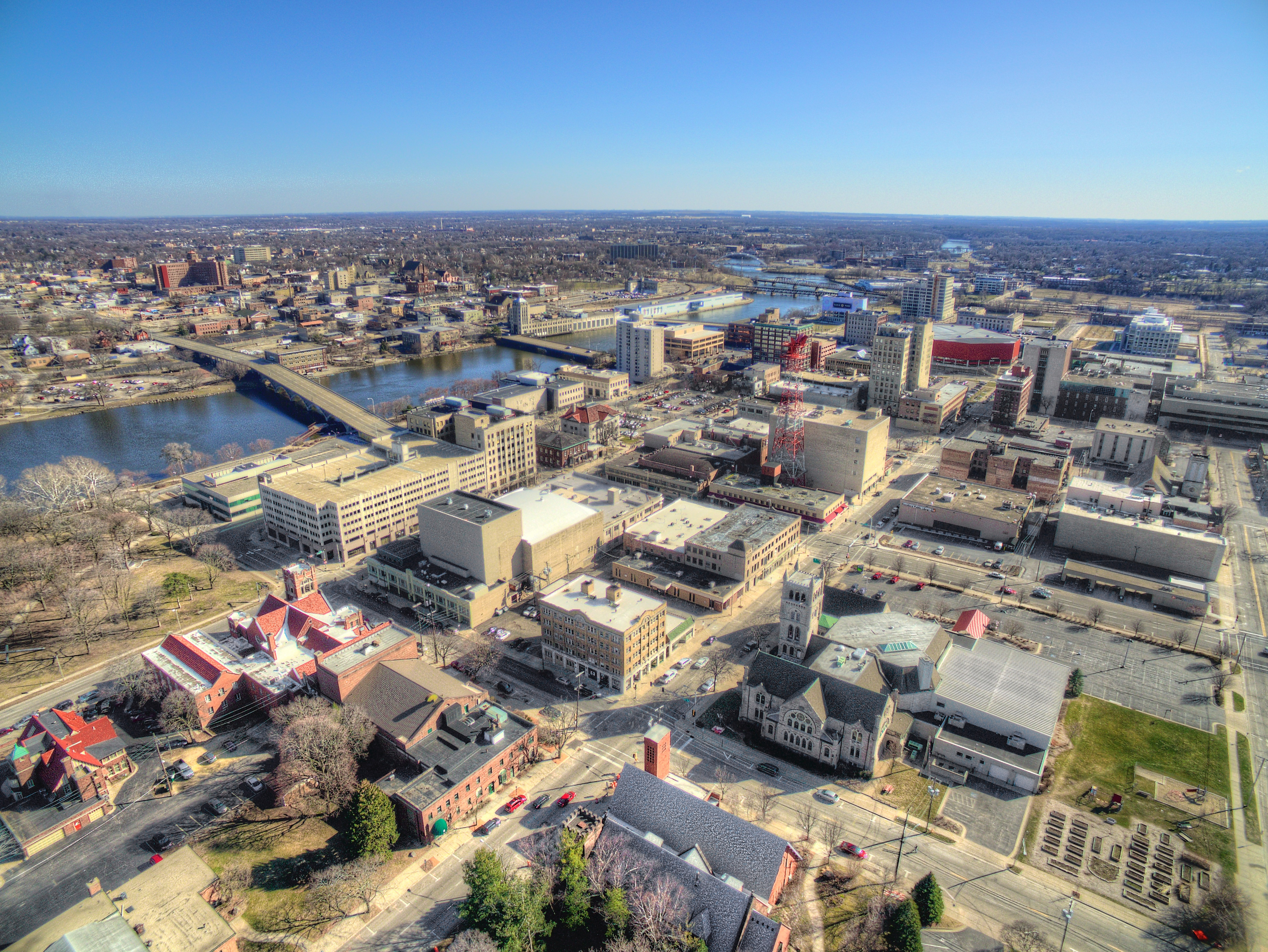Feeling like your spring allergies are intensifying early this year? You're not alone.
In fact, some experts say this season is already in full swing.
"We definitely have been seeing a lot of patients come in more with allergy symptoms," said CVS MinuteClinic Nurse Practitioner Matthew Yau.
While it's not necessarily unusual to see the onset of spring allergies in March, the intensity of the start of the season is approaching earlier than normal.
Feeling out of the loop? We'll catch you up on the Chicago news you need to know. Sign up for the weekly Chicago Catch-Up newsletter here.
According to area doctors, a more severe spring allergy season has already arrived in the Midwest.
"We’ve seen a ton of precipitation this year that can have an impact on pollen dispersal," said Dr. Sindhura Bandi, allergy and immunology physician at Rush Medical Center.
A combination of the fluctuation of temperature and increased warmth globally due to climate change is likely what is leading to the longer, more severe allergy season, Bandi added.
Local
In fact, a new study in the journal Nature Communications this month found that as the world warms, allergy season will start weeks earlier and end many days later — and it'll be worse while it lasts, with pollen levels that could as much as triple in some places.
It's already happening. A study a year ago from different researchers found that from 1990 to 2018, pollen has increased and allergy season is starting earlier, with much of it because of climate change.
Yau said the biggest allergens being seen so far in the Chicago area have have been ragweed and pollen.
The onset of increased allergy symptoms has collided with signs of a slight rise in COVID cases, concerns surrounding the BA.2 omicron subvariant and the loosening of many restrictions, which some suspect could be behind the increase in allergy symptoms.
"The allergy season is going to be a little bit more heightened, it's going to be a little bit more worse in the sense that we're starting to come out of these COVID restrictions, we're starting to wear less masks in comparing to previous years, so we're going to be more exposed to pollen and ragweed and other types of materials that we haven't been exposed to before, especially when we were wearing our masks for COVID," Yau said.
So how can you tell whether it's COVID or allergies?
According to medical experts, the only real way to tell is to test.
Yau noted that many patients who come in for a COVID test also receive an allergy test, which can help determine the real cause of their symptoms.
Chicago Department of Public Health Commissioner Dr. Allison Arwady said last month as mitigations started to lift across the state and city that people should continue to stay home if they aren't feeling well, at least until they receive a negative COVID test.
"I think it's going to be really important that people, first of all, continue to stay home when they're sick, or at least until they've had a negative COVID test," she said during a Facebook Live before the city lifted its mask and vaccine mandates.
But there are some common differences in symptoms, he added.
"So a few things that they could look for are fever - COVID typically presents with fever symptoms, which allergies don't," he said. "They also have been shown to have other symptoms like body aches and chills. Those are other things that are a little bit more specific to COVID symptoms. With our allergy symptoms, we typically have like our post-nasal drip, our scratchy throat, sneezing, and some of those symptoms."
Overall, the symptoms for COVID reported by the CDC include:
- Fever or chills
- Cough
- Shortness of breath or difficulty breathing
- Fatigue
- Muscle or body aches
- Headache
- New loss of taste or smell
- Sore throat
- Congestion or runny nose
- Nausea or vomiting
- Diarrhea
"This list is not all possible symptoms," the CDC states. "Please call your medical provider for any other symptoms that are severe or concerning to you."
For allergies, the CDC notes that some people may experience symptoms of rhinitis and conjunctivitis. Those symptoms include:
- Symptoms from allergic rhinitis include:
- sneezing
- runny nose
- congestion
- Symptoms from allergic conjunctivitis include:
- red, watery, or itchy eyes



